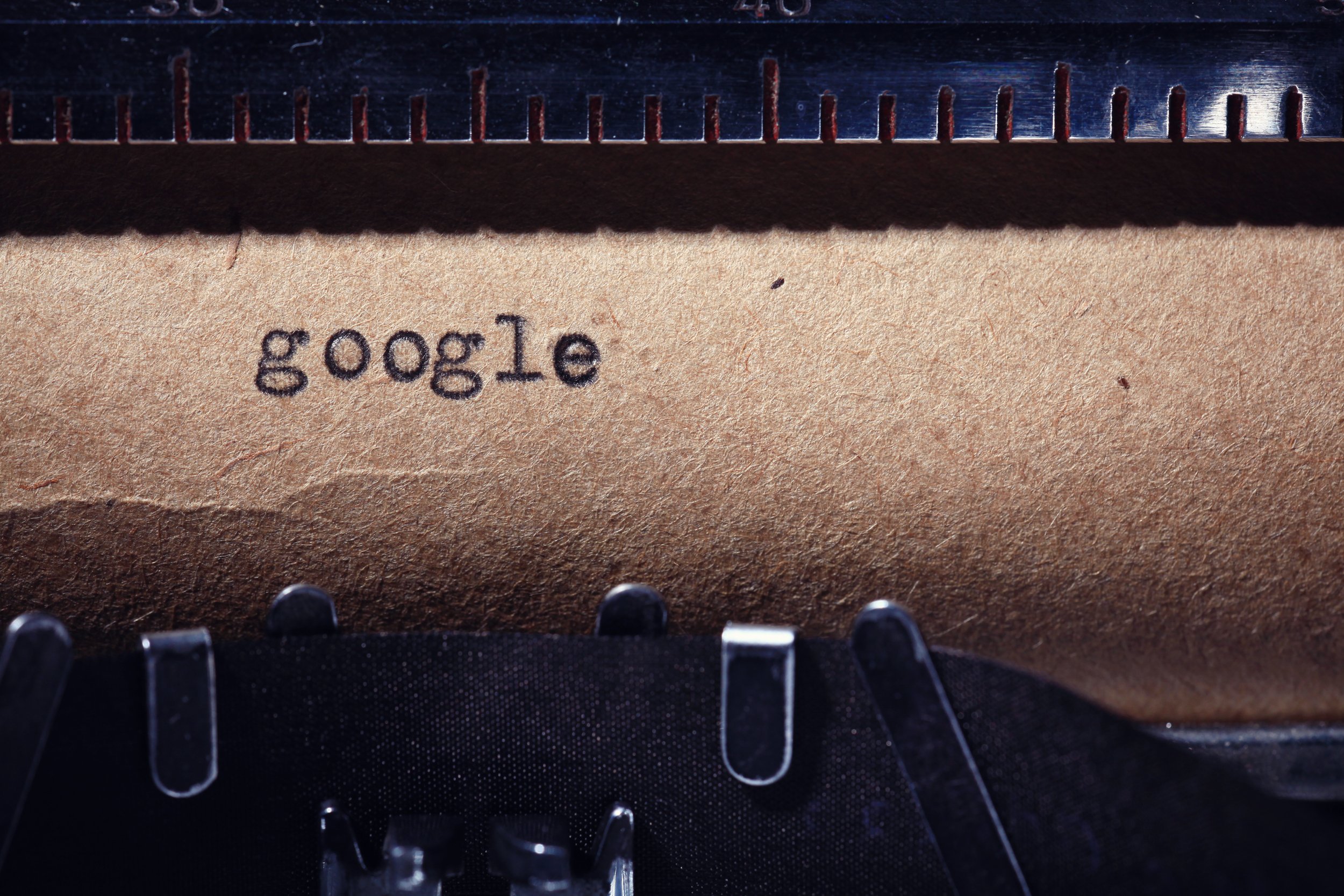Last April, Google unveiled a new project called the Digital News Initiative, in its own words to 'support high-quality journalism in Europe through technology and innovation'.
Google announced that it would be working together with 11 European news organisations, including The Guardian, El Pais, the FT, La Stampa, and other partners.
At the time, the American search and advertising technology behemoth said it would also launch a €150 million 'innovation fund' to encourage and financially support fresh thinking in the practice of digital journalism.
Today, Google is opening up the first window for applications to that fund, which will be headed by former Liberation.fr exec and Nieman Fellow Ludovic Blecher.
This is only the first round, we should note, as there will be at least two application rounds per year - this one will end on December 4th, and the next window will open in Spring 2016.
Who, and why?
Google emphasises that the fund is open to anyone involved in Europe’s digital news industry, "large or small, established or newcomer". Since its launch, more than 120 organisations have signed up to participate, the company said this morning in a press briefing.
As for geographical scope, Google's innovation fund is open to companies and individuals in the European Union and EFTA members (Iceland, Liechtenstein, Norway, and Switzerland).
The initial selection will be made by a team composed of a mix of experienced industry stakeholders such as Telegraph CEO Murdoch MacLennan and State + Jawbone founder Alexander Asseily, as well as Google staff.
Money talks
Now, about the cash: Google says the €150 million will be made available in the form of no-strings-attached awards over the next three years.
The company will fund 100% of selected, early-stage 'prototype projects' up to €50,000, 70% of accepted 'medium projects' up to €300,000, or 70% of larger projects up to €1 million.
Google is careful enough not to exclude even bigger projects than that, and will grant those more than €1 million provided they are collaborative or "significantly benefit the broad news ecosystem".
Important to note: the company does not require any of the projects to use Google products and services, nor will it retain any IP that comes out of them.
But Google, of course, is not a charity organisation and is likely attempting to improve its image in publisher circles. The launch of the Digital News Initiative in April came conveniently two weeks after the company was accused of distorting online search results and acting anti-competitively by European regulators, and publishers across Europe - particularly in Germany and Spain - have sparred with Google for various reasons over the past few years.
Cash is always a good way to appease publishers who've been experimenting with new digital business models to offset the revenue decline of its print products, so it will be interesting to see which type of projects Google will end up backing, for what reason, and by whom.
Also read:
Under pressure, Google moves to consolidate its European operations
Google sets up European venture capital arm with initial $100 million fund
The EU keeps taking swings at Google
Another fierce foe for Google in Europe: Meet GRIP
Featured image credit: Kichigin / Shutterstock


